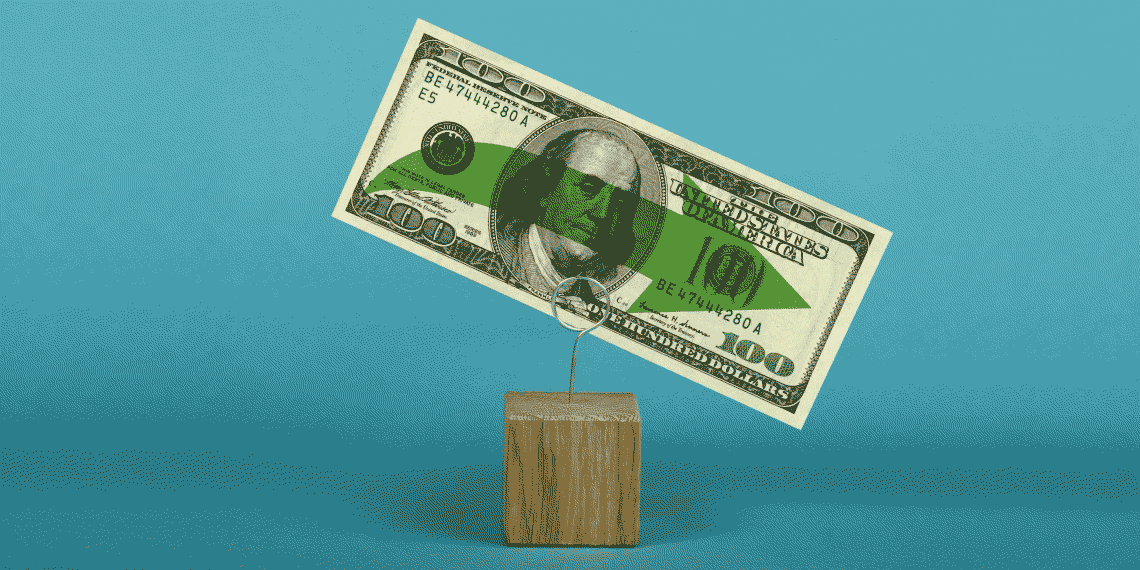
Interest rates are always fluctuating. And when they go lower—following a move by the Federal Reserve—that’s good news for some people. For others, not so much. It all depends on your spending, your savings, how you finance your housing and where you are in your financial plan.
Lower interest rates will likely benefit you directly if you have variable-rate debt, such as certain auto loans and student loans, as well as home equity lines of credit, whose rates are tied to the prime rate. In that case, you can expect the amount of those interest payments to decline (assuming you haven’t increased your underlying balance), and you may want to consider depositing that extra money into your savings.
But the impact of lower interest rates isn’t always so straightforward. Here’s how it can affect your savings, your home and your financial plan.
Lower Rates and Your Savings
As interest rates sink, that will necessarily impact what you can earn with interest-bearing savings products, such as certificates of deposit. To make up for that shortfall, you may want to consider keeping your savings in longer-term CDs or a CD ladder. You might also shop around online to find higher yields.
Yet even by taking advantage of CD ladders and higher-yielding savings instruments, lower yields can be a problem for people living on fixed incomes.
Lower Rates and Your Home
Just because the Federal Reserve, the nation’s central bank, lowers short-term interest rates, that doesn't automatically mean long-term mortgage rates will follow immediately, if at all. If the mortgage market has anticipated the decline in interest rates, then 30-year mortgage rates are unlikely to fall much further unless the Fed keeps cutting rates.
So if you’re waiting for a lower fixed-rate mortgage rate to make your move to buy a house, watching the Fed may not necessarily pay off.
But if you already have a fixed-rate mortgage, then declining interest rates can save you money if you refinance your home loan. Mortgage providers charge for a refinancing, and there are fees, so it can take years to recoup the costs. But if you plan to spend a long time in the house, this may be the way to go. Most experts say that in order to offset those costs, you want to lower your mortgage rate by at least two percentage points—for example, from 5% to 3%—though some believe a decline of a single percentage point would suffice.
If you’re willing to keep the monthly payments more or less level when you refinance, lower rates can reduce the amount of time left on your mortgage, as more of the payment will consist of principal and less of interest.
There’s one more way that fixed-rate mortgage holders can maximize falling interest rates: by swapping the fixed rate for a lower, adjustable rate. This strategy makes the most sense if you’re planning on selling the property before the mortgage rate has a chance to adjust higher. Holders of adjustable-rate mortgages (ARMs), meanwhile, can refinance into an ARM with a lower interest rate or lock in a lower rate by switching into a fixed-rate mortgage.
And if you rent, a decline in interest rates could entice you to purchase a home when your lease runs out. But be warned: Lower mortgage rates often increase demand for housing, which can cause home prices to rise.
Lower Rates and Financial Planning
Outside of home-finance and savings decisions, lower interest rates can present a number of other opportunities.
Grantor retained annuity trusts, or GRATs, are trusts commonly used to gift assets to members of your family. The lower the interest rate, the less likely a gift tax will have to be paid on these assets.
At the same time, charitable lead trusts, or CLTs, allow you to give assets to charities through an annuity while you’re still alive; those assets then revert to your heirs after you die. Lower interest rates could allow heirs to inherit more money tax-free.
Interest in Your Life
No matter what stage you’re at in life, there’s no question that a drop in the interest rate can present opportunities or challenges—perhaps even both. By keeping track of the rates you’re paying on your debt, and the rates you’re getting on your savings, you can make the most of any change in interest rates throughout your life.
Andy Sobel is a freelance writer and editor. He has held senior editing positions in The Wall Street Journal's New York and Brussels newsrooms and was managing editor of American Banker.

